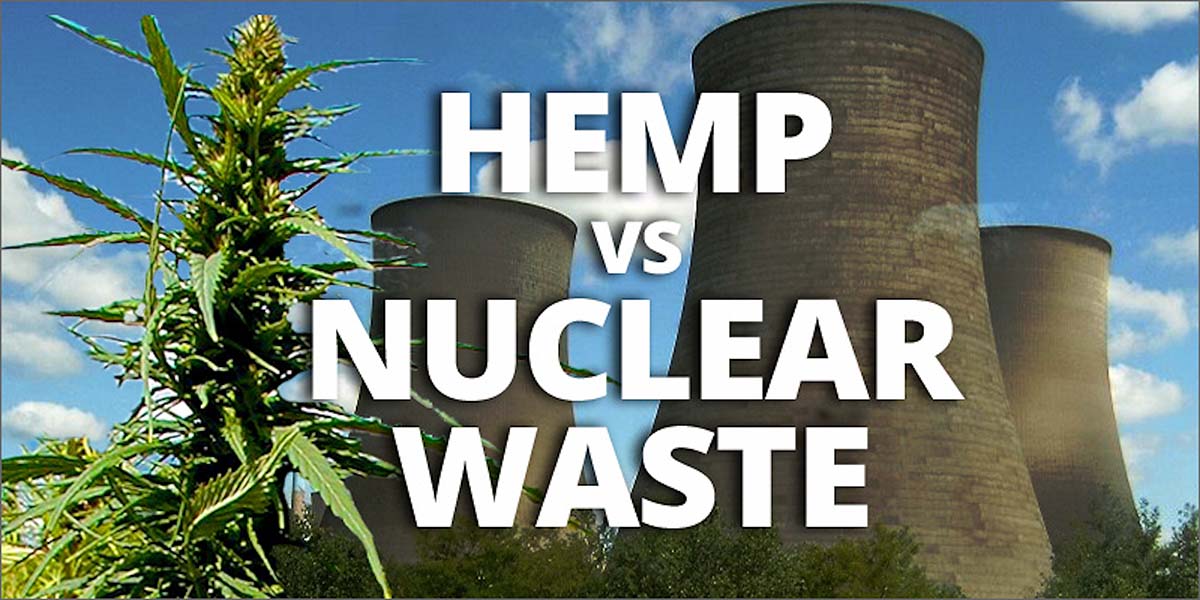
Hemp Nation One: A Global Partnership for Sustainable Innovation
In the face of mounting environmental challenges and a growing demand for sustainable solutions, Hemp Nation One emerges as a beacon of hope for a greener and healthier future. This international cooperation, spanning across diverse sectors and geographies, harnesses the power of hemp to revolutionize our economies, enhance well-being, and foster a more harmonious relationship with the planet.

Sustainable Systems and Truly Green Economy
Hemp Nation One envisions a world where sustainable systems are the norm, not the exception. By leveraging hemp’s versatility and resilience, we can transition to a truly green economy, one that prioritizes environmental protection and resource conservation. Hemp’s remarkable ability to sequester carbon, remediate soil, and produce a wide range of sustainable materials positions it as a cornerstone of this transformation.
Circular Systems and Open Knowledge
Hemp Nation One advocates for a circular economy, where resources are utilized efficiently and waste is minimized. Hemp, with its multiple uses and rapid growth cycle, lends itself perfectly to circularity. By promoting the development of innovative hemp-based products and processes, we can break free from the linear economy’s destructive cycle of extracting, producing, consuming, and discarding.
Open knowledge and collaboration are the cornerstones of Hemp Nation One’s success. By sharing information and best practices, we can expedite the adoption of hemp-based solutions across industries and regions. This collaborative approach empowers communities to harness the power of hemp for their own sustainable development.
Ecological Index for Well-being
Hemp Nation One envisions an Ecological Index that measures the environmental impact of our activities and guides us towards a more sustainable future. This index will incentivize businesses and individuals to prioritize practices that enhance ecological integrity and human well-being.
Replacing Polluting Industries
Hemp Nation One aims to replace polluting industries with hemp-based alternatives, creating a healthier and more sustainable environment for all. Hemp’s ability to replace petrochemical-based products, such as plastics and synthetic fibers, will significantly reduce our reliance on environmentally harmful materials.
Diversity of Quality Products
Hemp Nation One celebrates the diversity of high-quality hemp products that can be developed, from sustainable textiles and construction materials to nutritious food and bio-based pharmaceuticals. This diversity will provide a wide range of options for consumers seeking sustainable alternatives to conventional products.
Healthy Economy Powered by Hemp
Hemp Nation One envisions a healthy economy that is not only environmentally sustainable but also socially equitable and economically prosperous. Hemp’s potential to create jobs, generate revenue, and foster innovation will drive economic growth that benefits all.
In conclusion, Hemp Nation One represents a paradigm shift towards a more sustainable, equitable, and prosperous future. By harnessing the power of hemp, we can revolutionize our economies, enhance well-being, and create a healthier relationship with the planet, leaving a legacy of sustainability for generations to come




